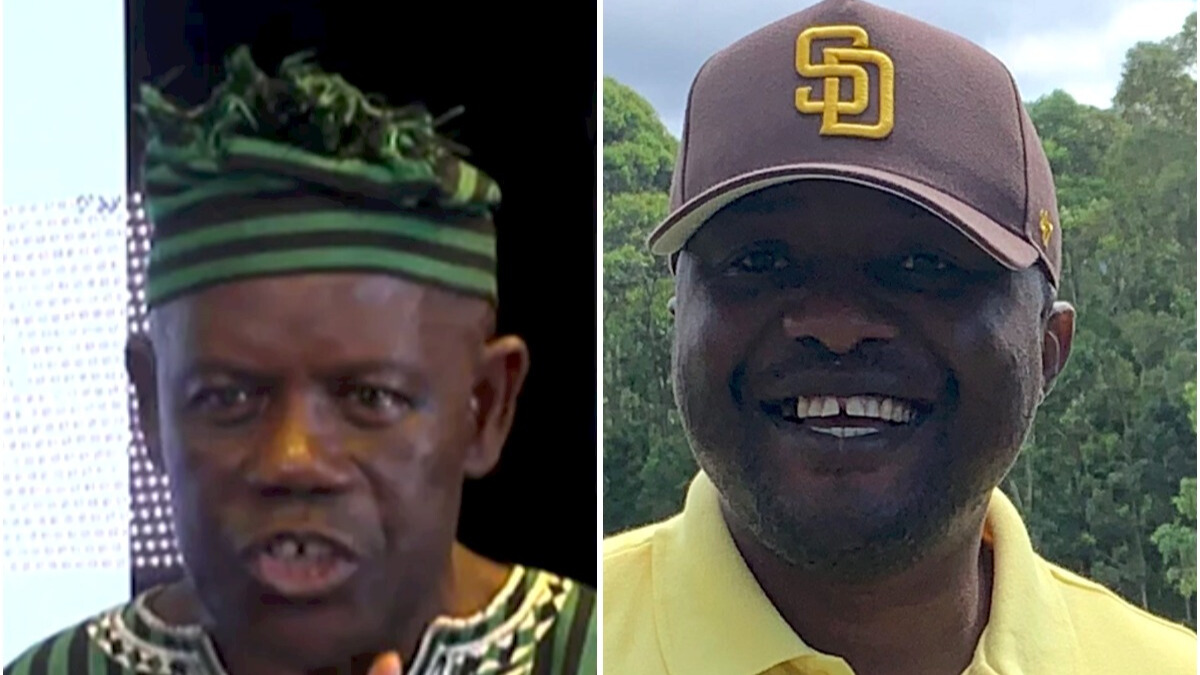A public statement issued by researcher and governance analyst Dr John Idriss Lahai has called for a closer look at the role and conduct of Professor Joe A.D. Alie, the Presidential Historian attached to State House. The document questions the professional boundaries of the position and urges Parliament to treat the historian’s recent public engagements with caution.
Dr Lahai argues that Professor Alie’s appointment as a salaried member of the Presidency compromises the independence expected of someone tasked with documenting the administration for future generations. He maintains that the position should serve a non-partisan function dedicated to accurate and comprehensive historical record-keeping. According to him, the current arrangement places the historian too close to the political interests of the executive.
In his statement, Dr Lahai claims that Professor Alie’s work has leaned heavily toward promoting President Julius Maada Bio’s legacy rather than offering objective historical analysis. He suggests that such output risks becoming political advocacy financed with public funds, which he believes limits its value to the wider national record.
A further point of concern involves Professor Alie’s recent call for Parliament to pass legislation that would formally establish the government’s Free Quality Education initiative in law. Dr Lahai argues that it is not within the remit of a Presidential Historian to lobby the legislature or engage in public campaigns linked to policy. He describes the move as an overreach into the legislative sphere and evidence of the partisan tone of the historian’s recent interventions.
Dr Lahai has urged Members of Parliament to discount the historian’s pronouncements on national policy and to approach any historical publications from his office with caution. He contends that Professor Alie’s official position places him too firmly within the political structure of the current administration to be regarded as an independent academic voice.
Government Clears TEC Chairman of Key Allegations as Prof. Alghali Denies “Double Dipping” Claims
Instead of acting on his legislative recommendations, Dr Lahai calls on Parliament to conduct a detailed investigation into the implementation and financial management of the Free Quality Education programme. He claims that longstanding questions remain about the use of substantial public and donor resources allocated to the initiative and argues that any attempt to formalize the policy in law should follow a full performance and financial review.
The statement ends with an appeal for greater accountability, insisting that public scrutiny of the programme is necessary before lawmakers consider any bill connected to it.








